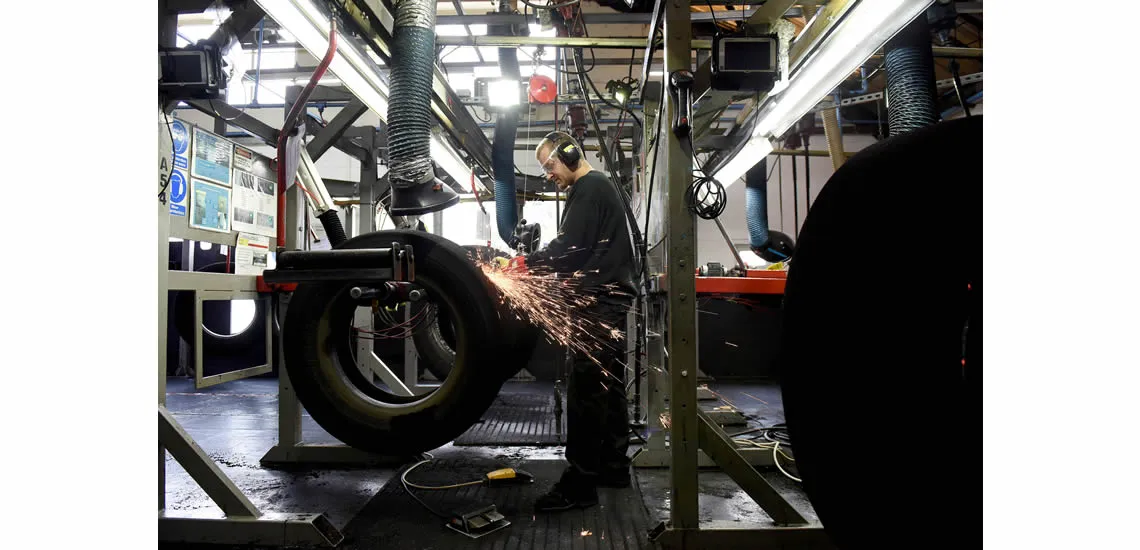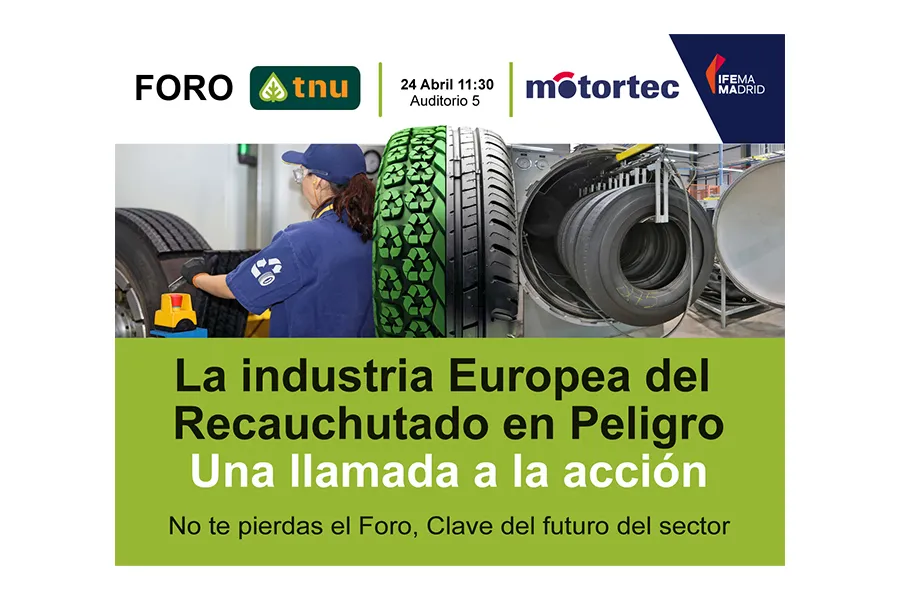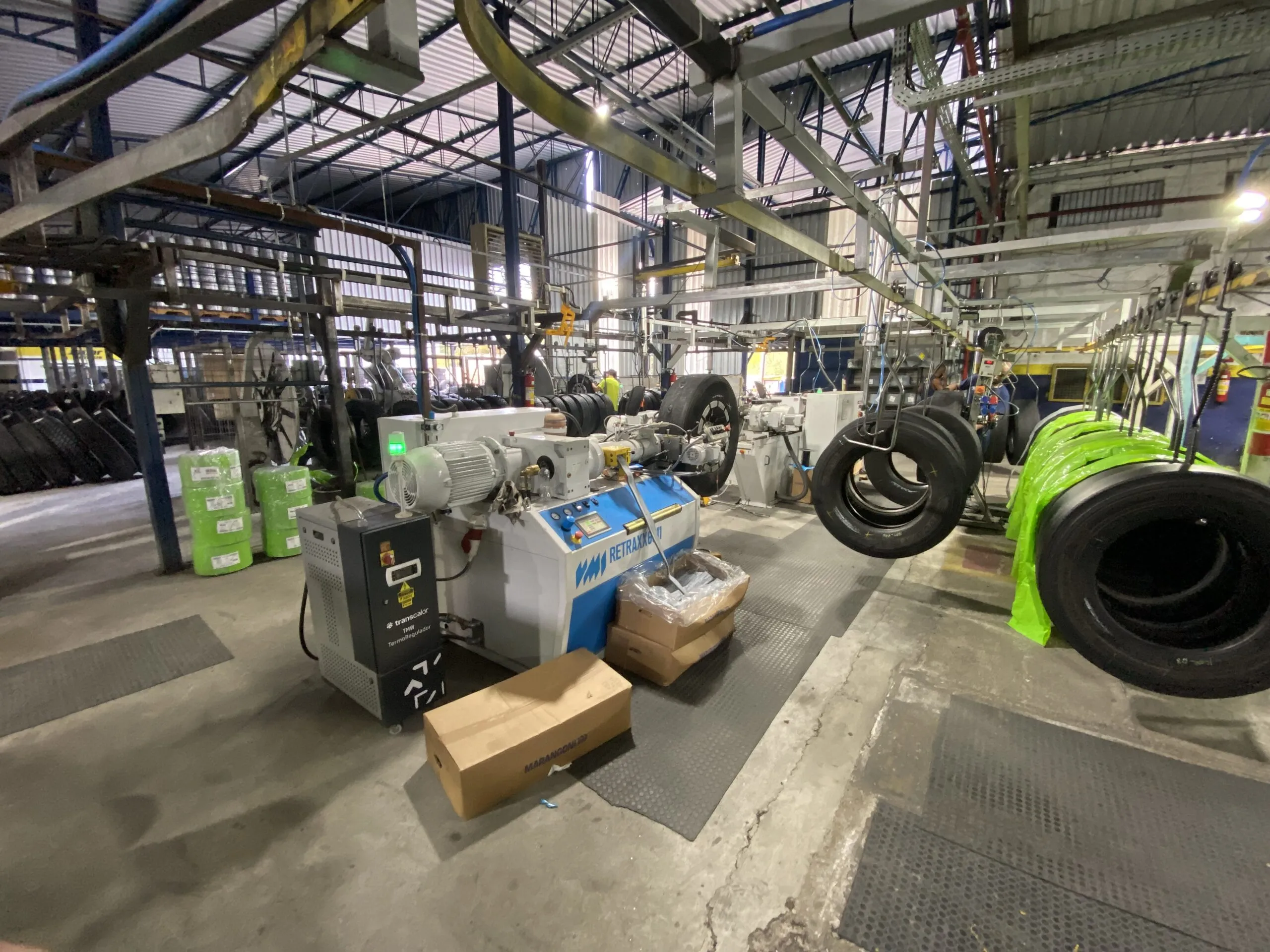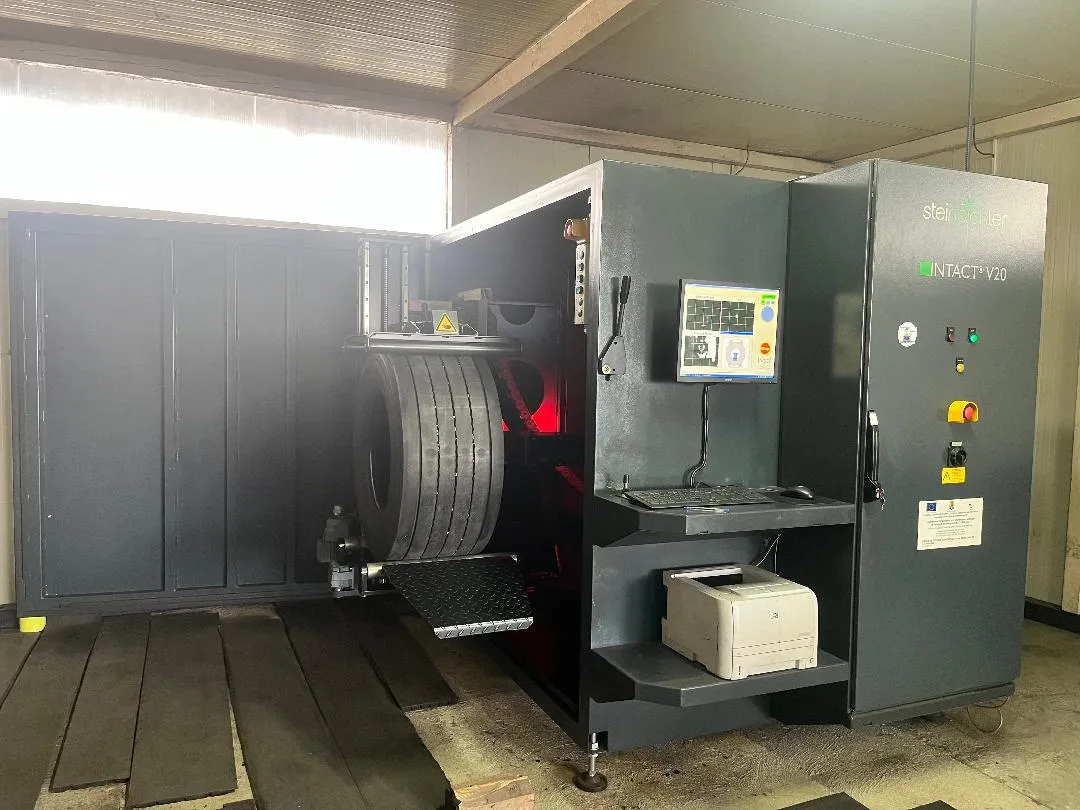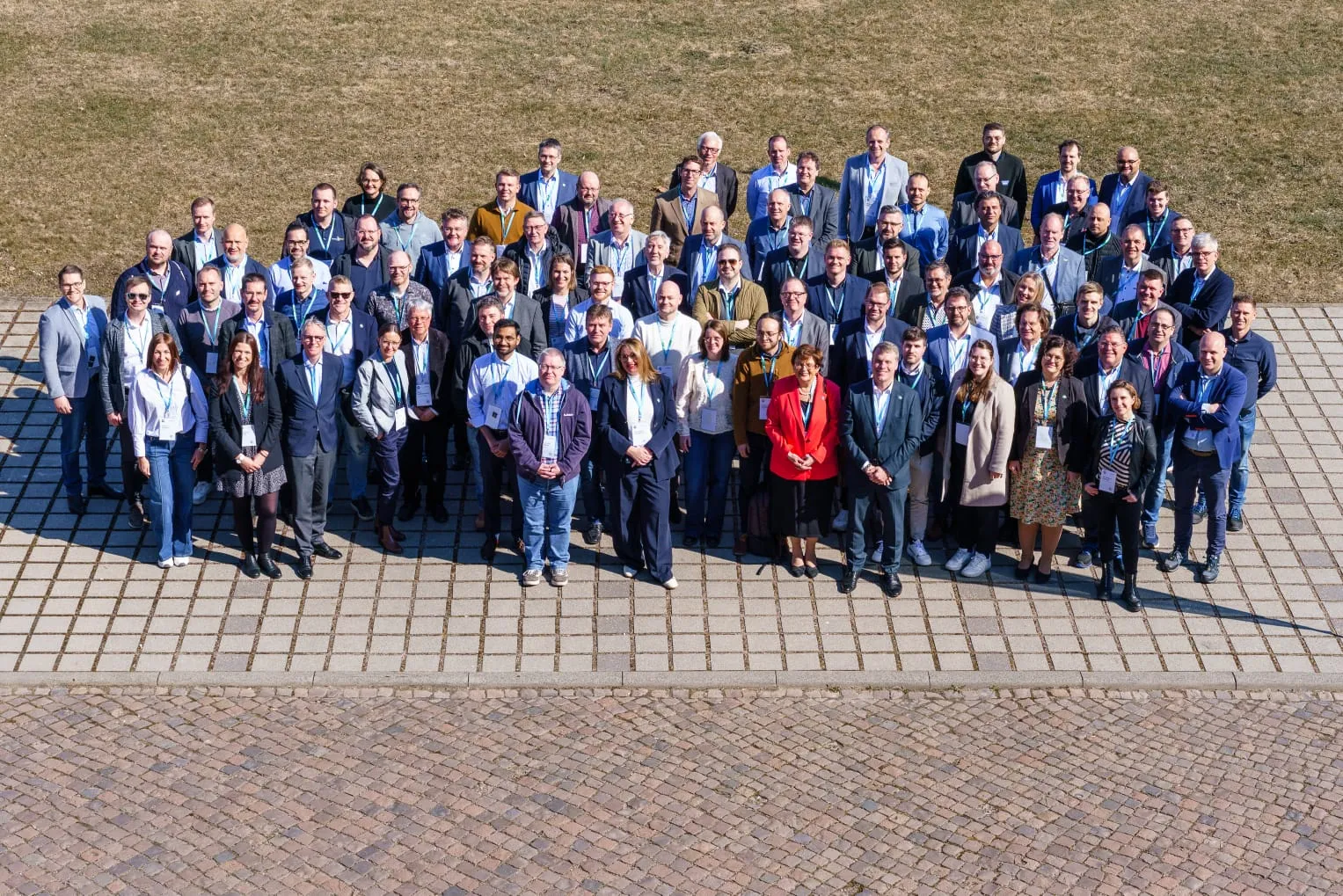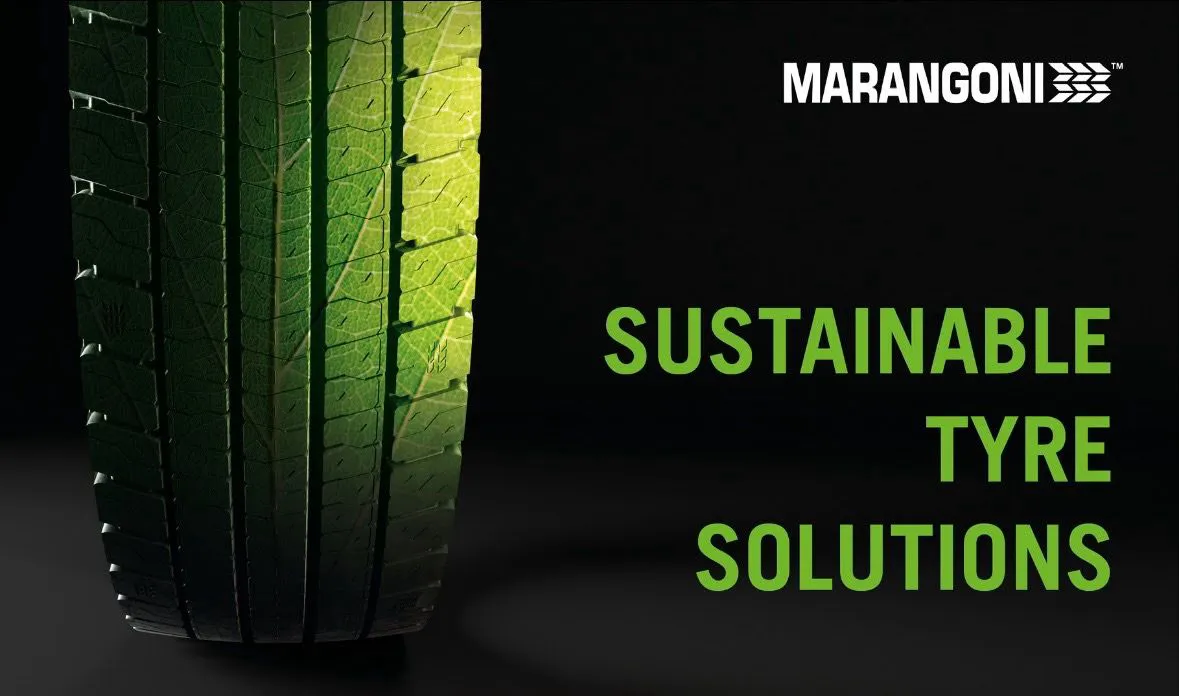Bridgestone has played a major role in the UK retreading sector for many years. Apart from the Bandag network of pre-cured retreaders located across the country, there is also Bridgestone’s wholly owned retread plant, Bulldog Remoulds, based in Bourne in Lincolnshire.
Salter Stresses Importance of Retreads for Truck and Bus Fleets
We recently spoke to Terry Salter, Bridgestone’s Retread Business Development Manager North Region about Bridgestone’s role in the market, ranging from operational issues to the importance of retreading to an increasingly environmentally-aware customer base.

Terry Salter, Bridgestone’s Retread Business Development Manager North Region
We started off by asking Salter how crucial having a retread option is when approaching truck or bus fleets and whether Bridgestone has had to adapt and improve this part of its offering for fleets?
“Offering retread products for truck and bus fleets has always been extremely important,” he replied.” With a growing acknowledgement and demand in the market for sustainable solutions, it not only meets these needs, but it also represents a cost-effective solution.
“Fleets are more amenable and receptive to the retread discussion, and we expect such discussions to accelerate in the coming years,” he continued “We are always looking to adapt our offering to meet the needs of a commercial fleet, and when it comes to retreading solutions, we have always been a market leader. Bridgestone is fully committed to retreading, and a sustainable future fits with our company ethos where retreading is a core environmental policy. Generally, in the marketplace, there is a move towards the lowest total cost of ownership of product, combined with increasing awareness of the need for a more sustainable economy where recycling is standard. Retreading is economically good for the customer, it is environmentally good for society, so it makes economic and environmental sense.”
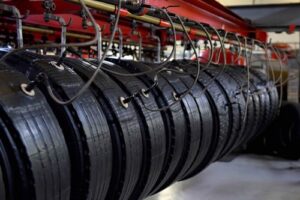
According to Bridgestone, there is an underlying trend in favour of increased demand for retreading because fleets view the sector as a significant contributor towards a more sustainable operation, along with a reduced environmental impact as a result. Against the backdrop of increased disruption to the supply chain causing a reduction in imports from the Far East, there has been a noticeable move towards fleets looking for the supply security which comes from a local manufacturer of retread products. It means that the retread conversation has moved up businesses’ agendas significantly.
In addition to the Bulldog retread plant in Bourne, Bridgestone has a number of key resources that enable it to stay ahead of many competitors, not least the company’s casing collection system, which ensures a good continuity of supply.
“We have a huge portfolio of fleets to collect casings from, and we utilise a comprehensive casing collection management system,” explained Salter. “We collect them and manage them in a careful manner to give us our core feedstock. Where we see the need, we can purchase additional casings, but the majority come from our current fleet portfolio.”
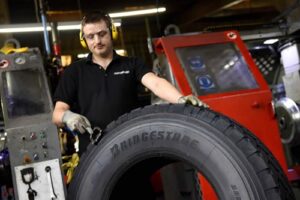
We asked Salter what is the one development a tyre manufacturer would like to see in the tyre retreading sector.
“The answer comes back to data,” he replied. “More and more businesses are using data to make informed decisions. As a retread manufacturer, this is great news because data gives a true reflection of the real costs associated with retread solutions. We are convinced that data will show how cost-effective retreading is for truck and bus transport operators. Historically, fleets have gone on gut feel or intuition, which is where our move to be a mobility solutions provider – featuring advances in data through Webfleet Solutions – will come into its own. In this regard, developments are already happening.”
Given the growing influence of the major tyre manufacturers on the retreading sector, we also wanted to know how Salter felt independent retreaders would be able to prosper in the future.
“The best way to survive and prosper is to work in close partnership with tyre manufacturers like Bridgestone, which is why Bandag is the most compelling option,” he said. “The perfect solution, as we see it, is being an independent Bandag franchisee, owned and run by entrepreneurs and working in partnership with Bridgestone as a global tyre supplier.”
It clearly also helps to have a continuous stream of new retread products flowing into the marketplace. With this in mind, Bridgestone have recently introduced a retread solution in the key bus sizes to complement the launch of their U-AP 002 bus tyre. The U-AP 002 comes with decreased rolling resistance and extended mileage to reduce fuel consumption, CO2 emissions and total cost of ownership – and has been developed to fulfil the ever-increasing requirements of an electric and hybrid bus fleet.
The company has also introduced both the RD2 and the RT2 in line with Bridgestone’s new flagship Duravis range in key sizes and, over the coming months, the sizes will expand in line with Bridgestone’s overall new tyre offering.

